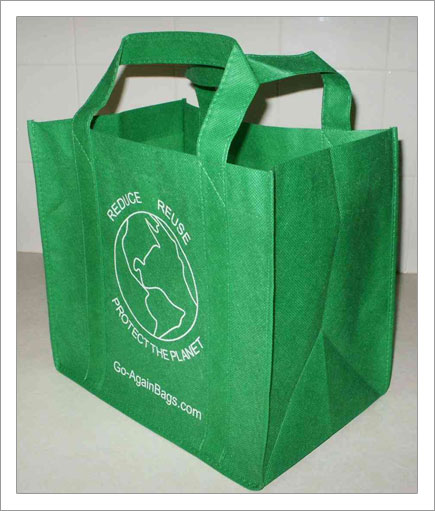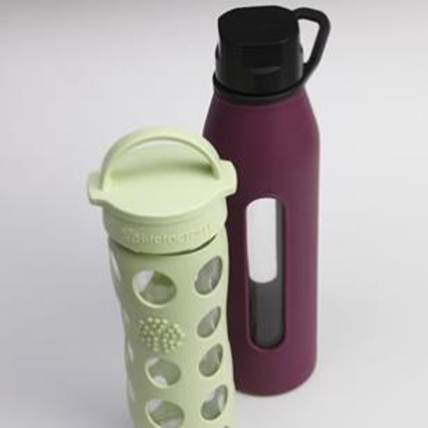These eco-friendly swaps are good for
the environment, but make sure they are also healthy for you. Here’s how:
1. You use reusable bags at the grocery store.
Most plastic bags don’t biodegrade, so
reusable ones are a smart option. But when researchers tested reusable bags
shoppers were using, almost all had large numbers of fecal bacteria, according
to a 2011 study in Food Protection Trends. “Some bags had more E. coli than
underwear,” says Charles P. Gerba, Ph.D., study co-author and environmental
microbiologist at the University of Arizona in Tucson. Even worse? Bacteria
increased tenfold when used bags sat in warm car trunks for two hours. The
solution: Wash bags regularly and after each use if they carried meat products.
“Most of the bacteria came from meat,” Gerba says. Machine-washing in hot water
is best, so Gerba recommends cloth bags.

Do
You Use Reusable Shopping Bags at the Grocery Store?
2. You've replaced sponges with dishrags.
Dishrags are stored in damp, warm
environments, where germs love to breed. Plus most people don’t routinely
disinfect them. More than 75 percent of dishrags were found to be infected with
coliform bacteria a group that includes E. coli and Salmonella in one 2011
study from NSF International, an independent public health organization.
The solution: Replace dishrags every day or
two. Wash dirty ones with bleach in hot water. Or use a washing machine with
the NSF certification mark, which guarantees that it will sanitize and remove
virtually all germs, eliminating the need for bleach.
3. You ditched disposable water bottles for a reusable one.
Using your own water bottle can keep 92
plastic ones from heading to the landfill each year, but make sure to keep it
clean. If that bottle has a cap with a spout, your hands could corrupt it with
germs when you pull it open.

You
ditched disposable water bottles for a reusable one
The solution: Wash the bottle often,
especially the cap, Gerba says. If you’re sharing it, wash it after each use.
Even better, use a bottle with a screw top, which doesn’t pose as big a threat
for germs.
Join a Crop Mob!
Nothing builds ties like pulling potatoes
with your neighbors. That’s exactly what a few North Carolina farmers
discovered in 2008, when they started throwing on-farm work parties to help
each other complete projects. Since then, so-called “crop mobs” have caught on
throughout the country. And it’s not just farmers getting their hands dirty:
you can too. Volunteers help spread mulch, build fences, pull weeds and harvest
crops. Though helpers shouldn’t expect anything in return, the bonds made are
real.